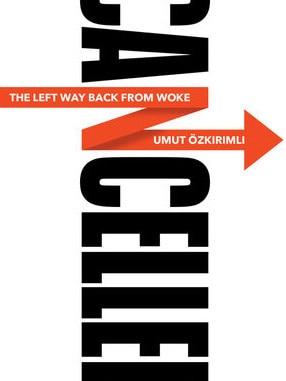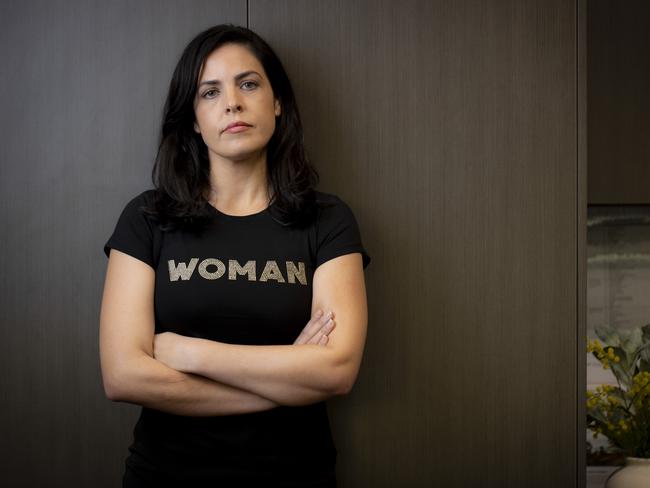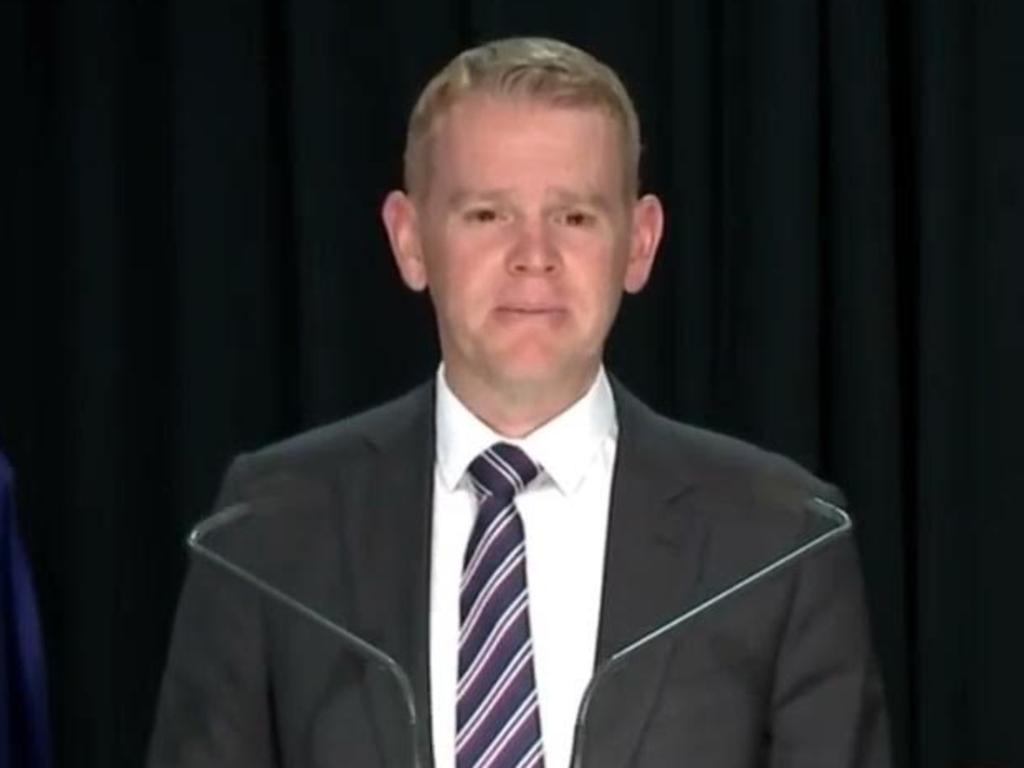Trigger warning: why getting cancelled by the Left is now boring
Getting cancelled is practically an honour these days. Is it possible for the left to stay true to the progressive egalitarian, universalist ideals it once professed? Where to now for the woke?

The primary aim of the extremist faction of the gender identity lobby appears to be the testing of human tolerance. In Cancelled: The Left Way Back from Woke, left-wing political scientist Umut Özkırımlı lays out the absurdities of “a reactionary politics that is as self-defeating as it is divisive”.
Özkırımlı’s exasperation is understandable. Accuracy is now openly sacrificed to belief. These opinions, masquerading as facts, are then enforced – as all fascist ideologies are – with the threat of violence, whether actual or symbolic. Debate is not merely verboten, but penalised through job loss and social opprobrium.
Ideas can no longer be openly challenged. Fragility has become characteristic of 21st century public discourse. When author JK Rowling tweeted her disbelief at the use of the term “people who menstruate” (“I’m sure there used to be a word for those people. Someone help me out. Wumben? Wimpund? Woomud?”), the response was rapid and violent.

“On September 16, 2020, Newsweek ran an article titled ‘J.K. Rowling Book Burning Videos Are Spreading Like Wildfire Across TikTok’,” Özkırımlı writes. “This time it was not evangelical pastors or far right Trump supporters who were burning Rowling’s books, but former Harry Potter fans protesting the author’s alleged transphobia.”
The parallel, he adds, is uncomfortably close: more than 100 million books were incinerated during the Holocaust.
When her students began to be routinely advised by “student organisations representing women” that attendance at sexual violence law classes was not compulsory as they could trigger traumatic memories, Harvard Law School professor Jeannie Suk Gersen was similarly incredulous. “Imagine a medical student who is training to be a surgeon but who fears that he’ll become distressed if he sees or handles blood,” she wrote. It was even suggested to her that the study of rape law should be bypassed because of its trigger potential.
As Özkırımlı reports, a 2015 Everyday Feminism blog Editor’s Note warned that very term “trigger” can trigger as it “relies on and evokes violent weaponry imagery”. (Interestingly, the hysteria about triggering has been shown to be destructive to the survivor and infantilising – a Harvard experiment found that trigger warnings actually reinforce the understanding in survivors that trauma is central to their identity, in the process equating survivors to children incapable of self-protection.)

Özkırımlı reels off further absurdities:
■ a 2018 memo sent to Leeds Trinity University journalism lecturers advising them that the use of capital letters “can generate anxiety and even discourage students”.
■ a 2017 note to Evergreen State University professors suggesting they consider the student’s “emotional commitment” when determining final grades.
■ the 2019 Washington University erasure of the word “vagina” from the title of the play The Vagina Monologues “to be inclusive of other genitals”. (American University’s Women’s Initiative members went so far as to argue that as womanhood is no longer synonymous with having a vagina, the play perpetuates the gender binary.)
Undoubtedly, the impetus behind this fantastically bourgeois absurdity is fear – the fear of being “cancelled”, of being considered irrelevant, or of being subjected to abuse or serious legal reprisal.
A related problem, Özkırımlı adds, is the arbitrary and expanding definition of “distressing content”. Concern over “microaggressions” – a term coined in 1970 to describe casual, widespread and incrementally traumatic acts of discrimination against black people – has “led to a whole new vocabulary, notably ‘safe spaces’ and ‘trigger warnings’”.
Özkırımlı emphasises that while these concepts are important and can serve protective purposes, they can also serve to erode the significance of harm to the degree that the hypothetical (a class on rape law, say) is understood as being on a par with the actual (rape itself).
“Few would disagree today that legally defined hate speech causes harm and needs to be prohibited,” Özkırımlı writes, “but things are much more complicated when it comes to defining what constitutes ‘offensive speech’, which is not only subjective but also highly context-dependent.”
Our current definitions of harm – and, by extension, microaggressions – are, Özkırımlı believes, “premised on a vertical, top-down power dynamic between victims and perpetrators, often associating each role with particular identities which are presumed to be fixed and homogeneous. This leaves no room for agency or change, and it turns both roles into a destiny one cannot escape. It is also deeply flawed, methodologically and politically.”
Harm, as Özkırımlı writes, cannot be judged in this way. How can one compare the terror of the female survivor of a brutal rape when confronted in a changing room by “a naked pre-op trans woman” with the terror of a trans girl brutally bullied by peers? Are both not equally valid? How is their importance in relation to each other evaluated? And what happens when needs collide?
Özkırımlı points out that no trigger warnings were issued when a master’s student at the London School of Economics concluded their 2021 conference paper with the words: “If TERFs think trans* is an endemic threat to feminism, let us be the threat to feminism … Picture this: I hold a knife to your throat and spit my transness into your ear. Does that turn you on? Are you scared? I sure f*cking hope so.”
TERF being, of course, an acronym for Trans Exclusionary Radical Feminist – that is to say, a feminist who does not believe that trans women should be classed as biological women (“I punch TERFS”, ”Stab your local TERF”).

What Özkırımlı calls “the over-valuation of victimhood” – increasingly understood as “virtue-conferring moral status” – has accelerated into a self-sabotaging self-righteousness unparalleled since, perhaps, the days of the Third Reich. Ostensibly inspired by the desire to shield the vulnerable, extreme trans activism in particular has, instead, become a protected forum for an aggression antithetical in spirit to that of real victims such as 16-year-old British trans schoolgirl Brianna Ghey, who was murdered by two 15-year-old peers earlier this year.
That which activists ignore is that Ghey was not the only victim; all three adolescents were destroyed by the hatred that fuels extremism, including that of the trans lobby.
So is it possible for the left to stay true to the progressive egalitarian, universalist ideals it once professed? In Cancelled: The Left Way Back from Woke, Özkırımlı addresses the question from all angles, arguing that when “politics is reduced to a zero-sum game with two increasingly similar players”, nobody wins, least of all the vulnerable.
Follow Antonella Gambotto-Burke on Instagram
Cancelled: The Left Way Back from Woke







To join the conversation, please log in. Don't have an account? Register
Join the conversation, you are commenting as Logout